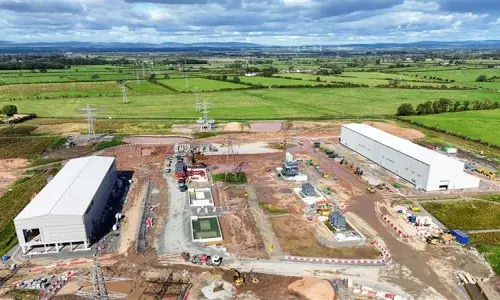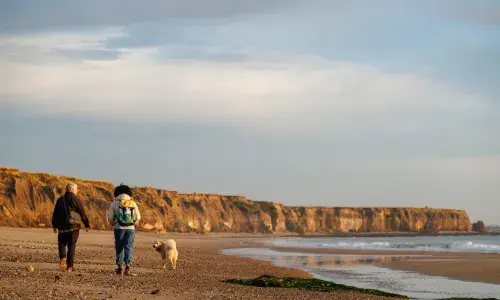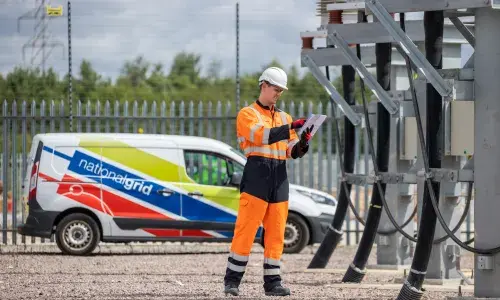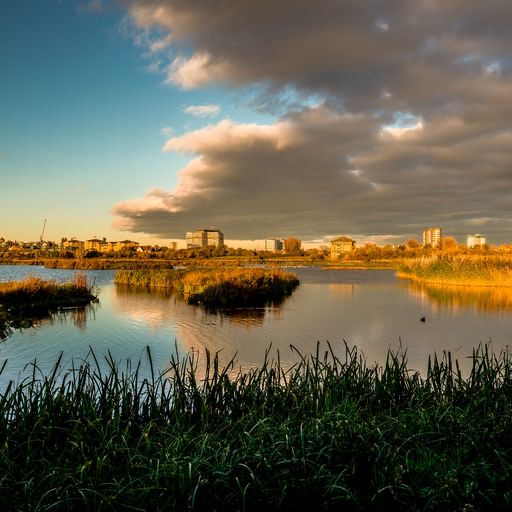
National Grid joins leading organisations to help create 100,000 hectares of healthy wetlands across the UK
National Grid has joined a group of leading organisations to launch a new initiative working with the Wildfowl & Wetlands Trust (WWT) to help fight the climate, nature and wellbeing crisis by creating networks of healthy wetlands across the UK.
The Blue Recovery Leaders Group meeting at WWT Slimbridge Wetland Centre, Gloucestershire, on 4 March, was chaired by chair of Natural England, Tony Juniper. Attendees included His Royal Highness The Prince of Wales, and representatives from sectors including housing, water, charity, engineering, banking and landowners. WWT’s incoming chief executive, Sarah Fowler, also attended the event.
The members of the Blue Recovery Leaders Group include:
-
The Berkeley Group
-
The Church of England
-
Cushman & Wakefield
-
Eversheds Sutherland
-
Jacobs
-
National Grid
-
National Lottery Heritage Fund
-
People’s Postcode Lottery
-
Severn Trent
-
Triodos Bank
HRH The Prince of Wales, who last year launched the Terra Carta initiative, was introduced to the group’s members and took part in discussions. HRH The Prince of Wales, WWT’s Patron, will continue to follow the progress of the Blue Recovery Leaders Group as it evolves.
All members of the group have an interest in creating wetlands to help meet the objectives of their own organisations, and will work together to identify, develop and deliver pioneering projects that help WWT reach its Blue Recovery goal of creating 100,000 hectares of new and restored wetlands across the country. Members have all signed a statement of intent which commits them to exploring ways to work together to help create the network of wetlands.
Tony Juniper, chair of Natural England, said: “By signing the statement, the business leaders are saying that yes, they want to be part of this – they want to be part of WWT’s incredibly important efforts to build more wetlands in this country.
“Humankind’s future lies not in the endless degradation of the natural world, but in its restoration, including for the vital services and benefits provided by different kinds of wetlands. From our wonderful upland blanket bogs to the beautiful floodplain meadows that still border some of our rivers, our wetlands catch carbon, purify water, reduce flooding, inspire the human spirit and host a vast variety of wildlife. They are a vital asset for society and now is the moment to plan for their protection, recovery and expansion.”
Duncan Burt, Chief Sustainability Officer at National Grid, said: “The challenges the world faces today will only be solved with every sector of society working together – and the Blue Recovery Leads Group is a great example of how this can happen. We’re honoured to be part of such a prestigious group of organisations and I hope it will go on to help WWT with its goal of creating a network of healthy wetlands across the UK – something that we all agree will be of huge benefit to nature, to people, and to the planet”.
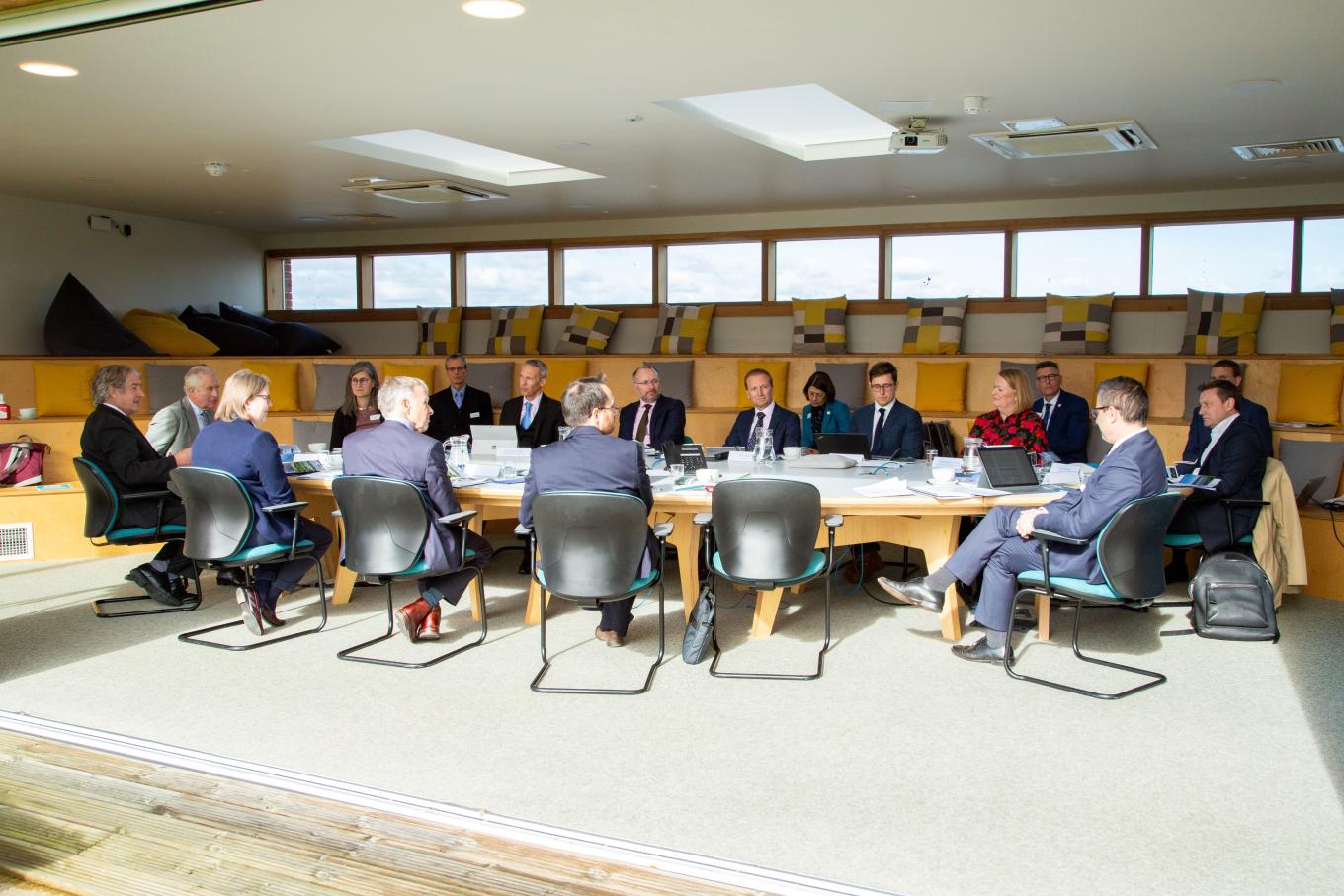
HRH Prince of Wales and leaders of the Blue Recovery Group
WWT’s Blue Recovery proposal covers a number of strands – including creating a carbon storage network of coastal wetlands, a network of wetland features to reduce the risk of flooding, a network of accessible urban wetlands to improve wellbeing, and a water treatment network to improve biodiversity.
Examples of the sort of projects the group could help collaborate on include:
-
creating a demonstration wetland-friendly housing development
-
building new ponds and lakes in public spaces
-
sponsoring research into how barriers to wetland creation could be overcome.
Dr. James Robinson, WWT’s director of conservation, said: “We were delighted that HRH The Prince of Wales was able to join us at the launch of our Blue Recovery Leaders Group – I know he cares passionately about nature and his interest in our work helps showcase how important wetlands are.
“Wetlands are essential for life on earth but are disappearing three time faster than forests. They can fight climate change by storing carbon, provide life-saving habitats for wildlife, help prevent flooding, and provide a fantastic natural way to clean our rivers.
“This is why we want to create more of them – and we’re really encouraged that business leaders from across so many sectors - from home builders to lawyers, engineers to water specialists – want to work with us to help us reach our goal of building 100,000 hectares of healthy wetlands across the country.”
Media contact
Danielle Dominey-Kent
T 07977 054575

